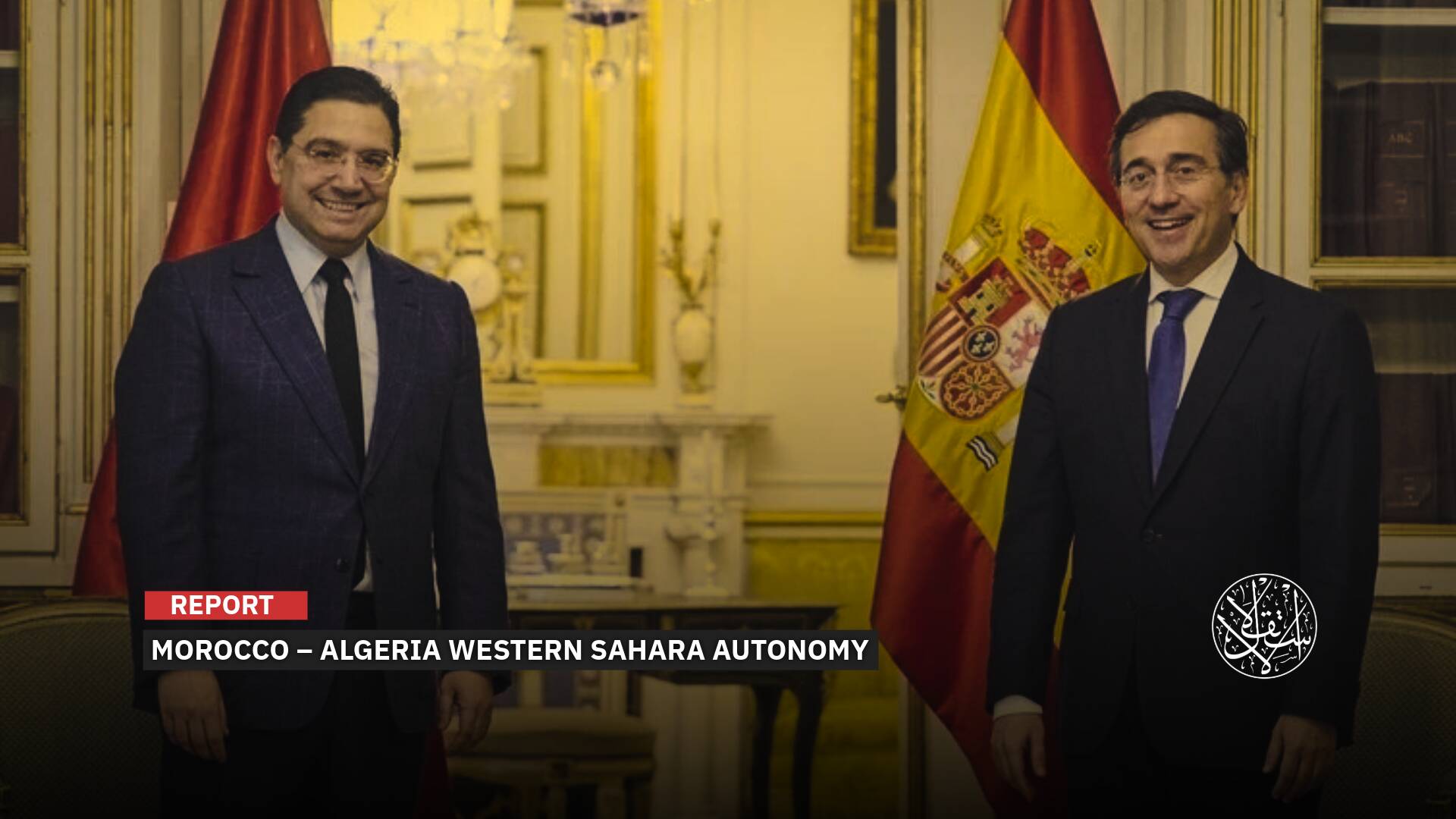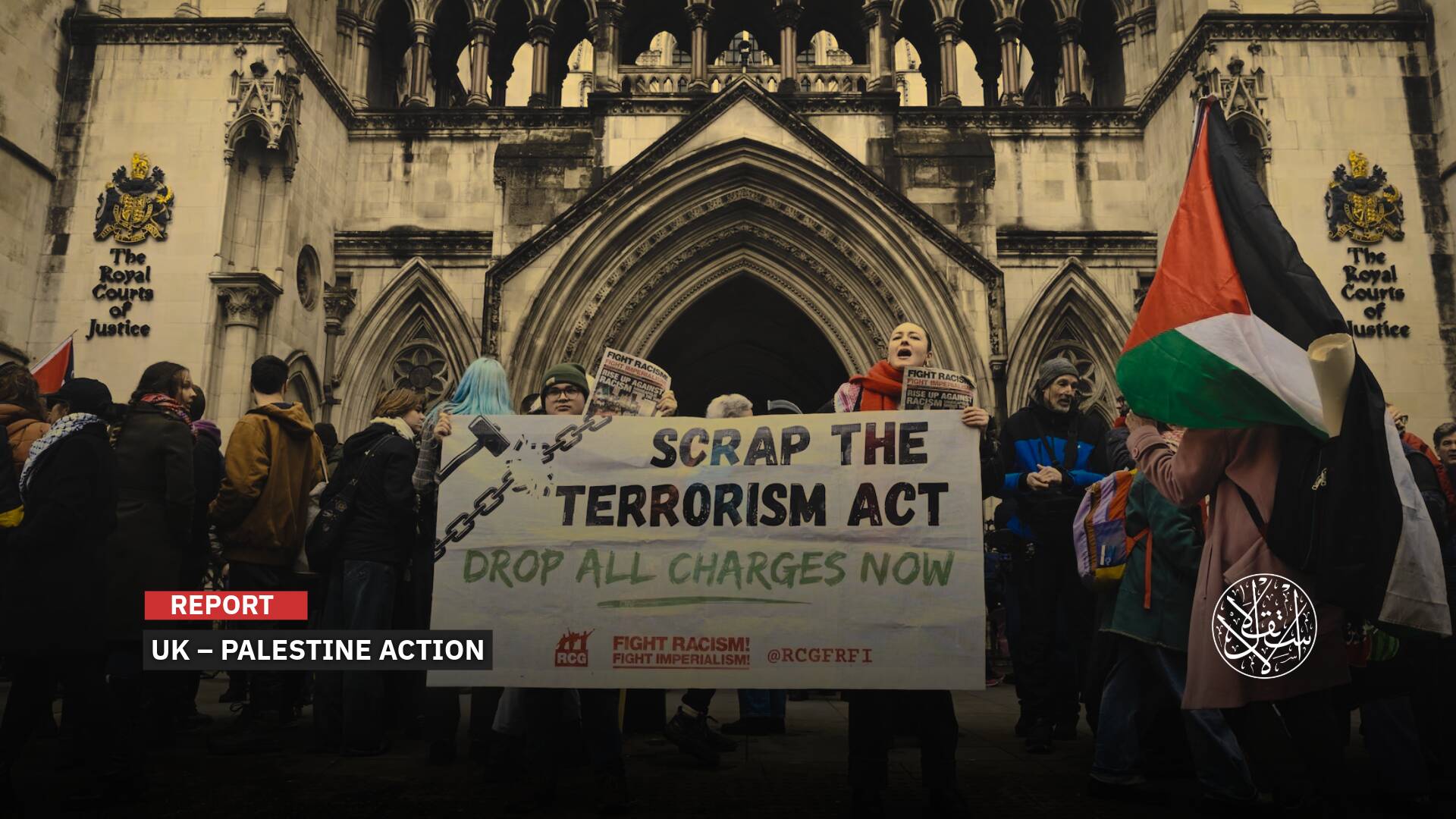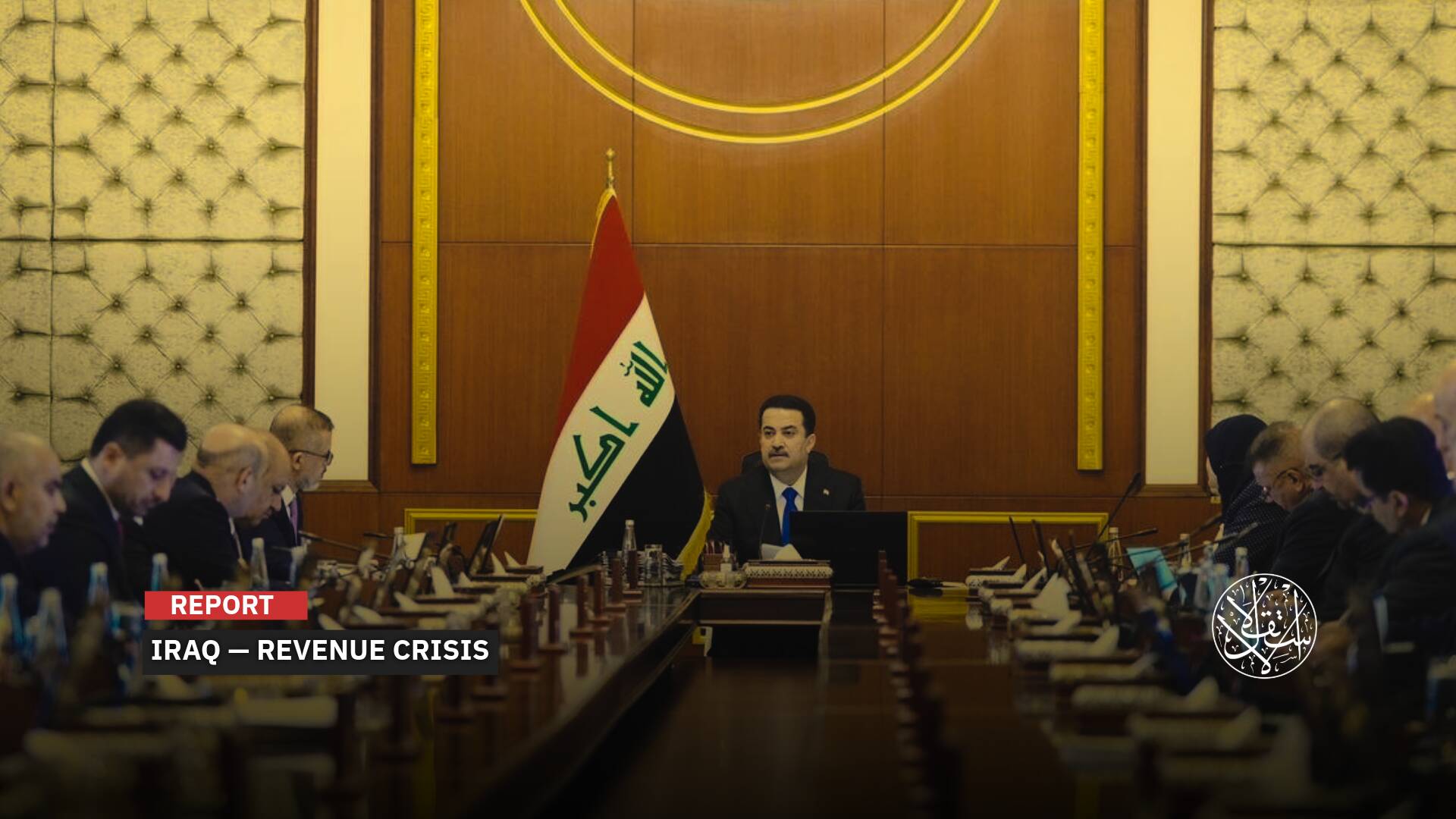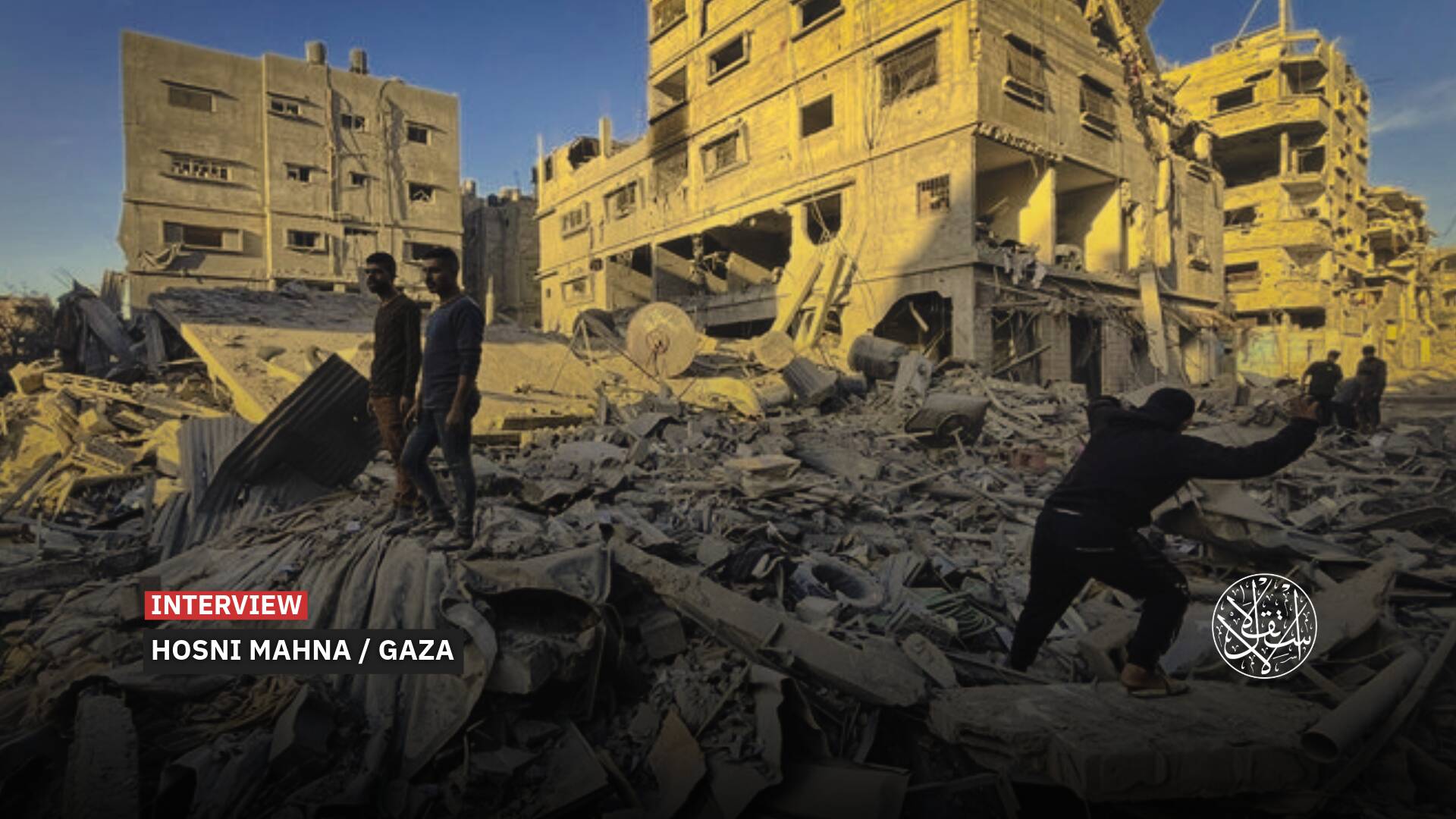La Croix: Algeria, Violent Campaign Against Everything Related to the French Language

Algeria launched a crackdown on the French language, in response to President Emmanuel Macron's criticism of Algeria and its leaders in September 2021.
The campaign aims to reduce the use of the French language in the public sector and in private schools, according to the French newspaper La Croix.
On December 1, 2021, the Executive Officer of the Social Security Fund, Nasser Mahfouf, received a note from his supervisory ministry that no report, study, or written correspondence “other than the national language,” i.e. Arabic, would be accepted.
Nasser has always worked in French and does not see himself worthy of working in Arabic during the remaining three years of his professional activity, according to La Croix newspaper.
Nasser told the French newspaper, “If my managers want to hire translators at the expense of the fund, this is his problem. For me, I will continue to work as before.”
The Beginning of the Crisis
This comes in light of Macron's continuing criticism of the Algerian nation and its “cruel regime based on commemorative rents” in a speech he gave on September 30, which contributed to the tensions with Algeria.
Macron's statements, which were reported by Le Monde newspaper, blew up a deep problem with Algeria, after trying to undermine the “Algerian nation” and its history.
The French president questioned the existence of an Algerian nation in the first place, before the French colonization of the country in 1830.
But Algeria responded “quickly” when it summoned its ambassador to France for consultations, describing Macron's statements as “irresponsible.”
On October 10, 2021, Algerian President Abdelmadjid Tebboune called on Paris to “full respect” for his country, saying that “France should forget that Algeria was once its colony.”
But the most important steps came with Algeria's announcement of a half-break with the French language.
Since October 28, 2021, decisions to end dealing with the French language began in several government sectors, amid calls to enhance the status of Arabic as the official language of the country, as well as support the presence of English in education.
The most severe of these decisions was the issuance of three ministries (Vocational Training, Youth and Sports, and Labor) instructions to end dealings in French, and the use of Arabic exclusively in all correspondence, reports, minutes of meetings and documents.
In addition to circulating confirmed information within other ministries that there are verbal instructions from the country's highest authorities to end dealing in French within other government sectors.
After that, the French language actually returned once again to the confrontation between the two countries. Now it is actively pursued in every official place in Algeria.
Farid Menasser, a communications expert, and former member of the Algerian cabinet, explains that “the Algerian administration is bilingual.”
Meanwhile, “the economic and sectoral ministries still prefer the French language in writing and correspondence,” he said.
Nasser Mahfouf says that “the meetings of the Council of Ministers, during the era of former regime president Abdelaziz Bouteflika, were held in both languages, and it was desirable for each minister to speak in the language in which his document was drafted, but now everything will be over.”
He adds that “the memorandum obligating us to change the language of our documents is a confidential document.”
This secrecy, in part, “is the best way not to fully implement that memorandum, and that implementation remains contingent on changing the holder of the ministerial position, or the return of relations with France to its previous era.”
Songs and Channels
Besides, French songs disappeared from the public radio waves.
Nadia (her title is not mentioned), a cultural columnist, comments that “you won't find anyone who will tell you that banning French songs from public radio is an action against France, and the procedures, in national education, seem more restrictive.”
Hawa, the director of a private school, says that “a group of gendarmes came in November to inspect the progress of lessons in several schools in Tipasa.”
Private educational institutions in Algeria, especially in the nineties in the midst of the civil war, witnessed a development in the percentage of demand for them, based on the offers they made to teach French, the language that had disappeared at that time from public schools.
The Algerian government took things into its own hands in the first decade of the twenty-first century, by forcing these schools to teach the Algerian curriculum.
Hawa adds in this context that there are “many private schools that have continued to teach French programs, without informing the authorities.”
But what was tolerated is no longer the same, especially since the sudden change in relations with Paris.
Thus, these schools are forced to comply, with the risk of losing their accreditation.
According to Fred Menasser, “the teaching of French, the first foreign language taught since the third year of primary school, does not seem to be called into question in today's storm.”
It also envisages obtaining a “specific” consent for the creation of media in a foreign language: “Listen in French.”

A less important issue than the working language of administration or national education, the consumption of French-language media has fallen dramatically over the past twenty years.
Paradoxically, however, in the midst of this campaign against the French, Algeria has just launched an international TV channel AL24 News that gives the French language the lead.
The channel's director, Salim Agar, also worked as the editor of a French-language news website.
The Ministry of Communication justified the inauguration of the channel by saying that it would be a link “to maintain contact with the Algerians in the diaspora.”
'French' Position
Arabic has been the national and official language since 1963 in Algeria.
As for Tamazight (Berber), which has long been rejected, it became the national language in 2002 and official in 2016.
Since the seventies of the last century, the campaigns of “Arabization” of education in Algeria, which were characterized by a division in the views of the Algerian street between welcome and rejection, led to the structuring of education policies as well as the struggle for influence between these two currents.
Since the early 2000s, the first period of Abdelaziz Bouteflika was marked by reconciliation with the French language, and it has been taught since then, starting from the third year of primary school.
The 1991 law requires the use of only Arabic and prohibits any “foreign language.”
In 1996 a decree was issued mandating the use of the Arabic language in “exchange and correspondence between all departments, companies and associations.”
French is taught in primary and secondary schools. At the university, scientific and medical specializations are taught in the same language as well.
However, the language that will replace French remains the subject of controversy. In this context, Algeria refused to join the Francophonie.
In 2019, the Minister of Higher Education planned to replace French with English in university education.
On July 21, 2019, the minister ordered Algerian colleges to use Arabic and English only in the addresses of official correspondence and documents.
Which was described by Le Monde newspaper at the time as “a gesture presented as a first step in replacing French with English in higher education.”
As the academic and journalist Yassine Tilali pointed out in an article for Le Monde newspaper, the conservative movement in Algeria often used the English language in the eighties and nineties of the last century as an alternative weapon to the French.
It was promised that it was a confrontation with French speakers who are seen as “democratic” or “secular.”
But times have changed and a new social component is now casting its vote: the Algerian university environment that has been trained to speak English.
Today, the Algerian elites consider that the French language is in decline.
“Today, there are Algerian academics trained in the English language who would like to find their place in the Algerian university and see that French occupies a great place there, below what it deserves at the international level, especially the academic one,” Tilali added.
He indicated that “the issue of the decline of the French language in favor of English is a social phenomenon that must be seriously studied.”









